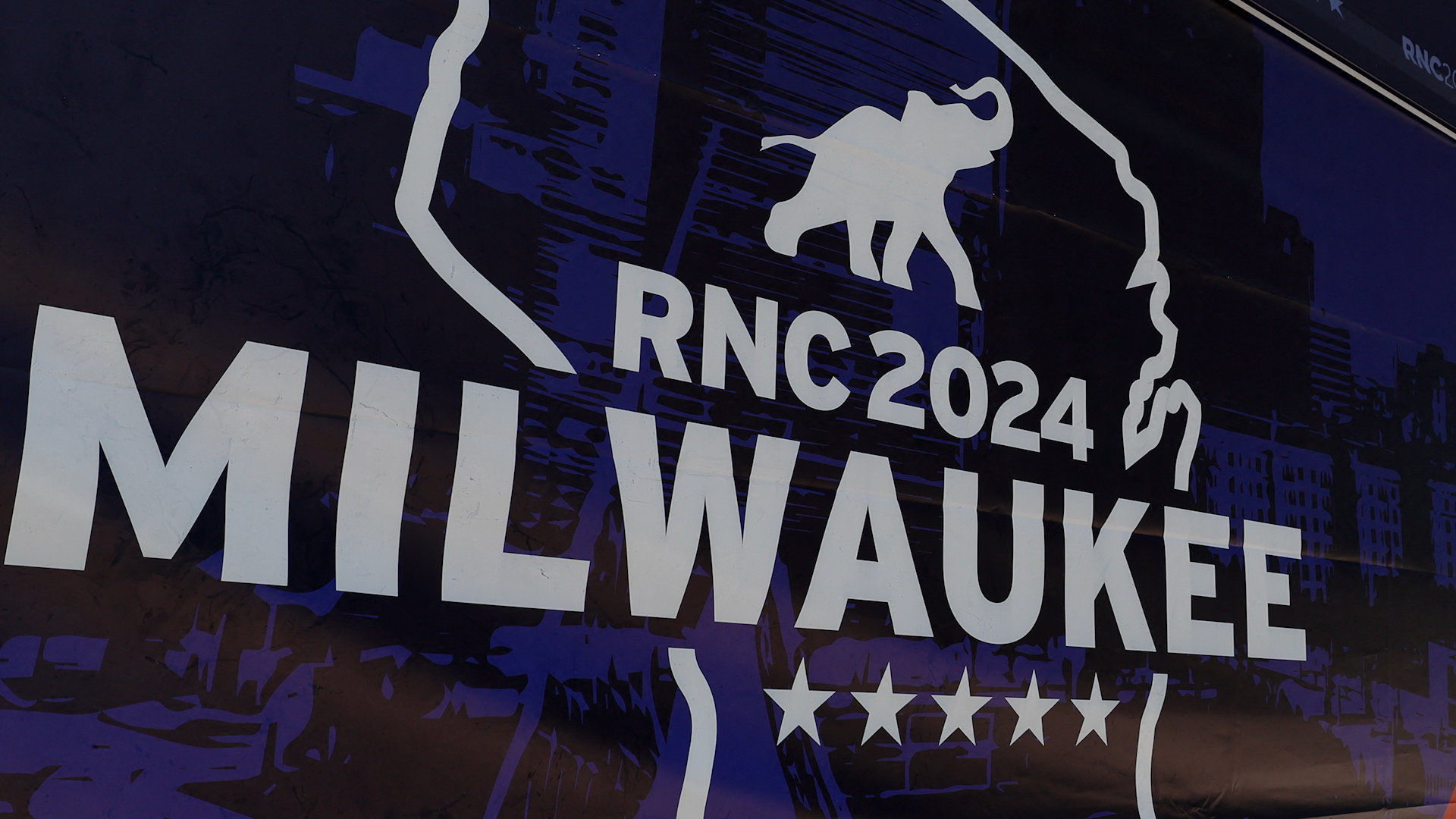RNC Speakers

The Republican National Convention (RNC) featured a diverse lineup of speakers who delivered powerful and influential speeches. These speakers played a crucial role in shaping the convention’s message and energizing the Republican base.
Notable Appearances and Impact
- Donald Trump: The former president gave a rousing speech that focused on his accomplishments and attacked his opponents. His speech was well-received by the crowd and helped to set the tone for the convention.
- Melania Trump: The former first lady delivered a heartfelt speech about her family and her husband’s presidency. Her speech was praised for its sincerity and its ability to connect with the audience.
- Mike Pence: The former vice president gave a fiery speech that defended President Trump’s record and attacked the Biden administration. His speech was well-received by the crowd and helped to rally the Republican base.
- Nikki Haley: The former United Nations ambassador gave a powerful speech that called for unity and renewal within the Republican Party. Her speech was praised for its eloquence and its ability to inspire the audience.
- Tim Scott: The senator from South Carolina gave a moving speech about his personal journey and the importance of faith and family. His speech was praised for its authenticity and its ability to connect with the audience.
Diversity of Speakers
The RNC featured a diverse lineup of speakers in terms of background, ideology, and representation. This diversity helped to broaden the appeal of the convention and to send a message of inclusivity.
- Background: The speakers included a mix of elected officials, party leaders, and business executives. This diversity helped to demonstrate the broad support for the Republican Party.
- Ideology: The speakers represented a range of ideological perspectives within the Republican Party. This diversity helped to show that the party is a big tent that welcomes a variety of viewpoints.
- Representation: The speakers included a number of women, minorities, and young people. This diversity helped to send a message of inclusivity and to show that the Republican Party is a party for all Americans.
Effectiveness of Speakers
The RNC speakers were generally effective in delivering their messages and engaging the audience. Their speeches were well-crafted and well-delivered, and they used a variety of rhetorical devices to connect with the audience.
- Delivery: The speakers used a variety of delivery techniques to engage the audience. They used humor, storytelling, and personal anecdotes to make their speeches more memorable and impactful.
- Message Framing: The speakers used effective message framing to make their arguments more persuasive. They used clear and concise language, and they repeated their key messages throughout their speeches.
- Audience Engagement: The speakers used a variety of techniques to engage the audience. They asked questions, used call-and-response techniques, and invited the audience to participate in the speech.
The RNC speakers played a crucial role in shaping the convention’s message and energizing the Republican base. Their speeches were well-crafted, well-delivered, and effective in connecting with the audience. The diversity of speakers helped to broaden the appeal of the convention and to send a message of inclusivity.
RNC Speaker Selection

The Republican National Convention (RNC) is a quadrennial event that brings together delegates from all 50 states, the District of Columbia, and five U.S. territories to nominate the party’s presidential and vice presidential candidates. The RNC also features a lineup of speakers who deliver speeches that aim to inspire, motivate, and unify the party’s base. The selection of RNC speakers is a strategic process that involves careful consideration of various factors.
One of the key criteria in selecting RNC speakers is their ability to represent the diversity of the Republican Party. The RNC seeks to showcase a range of viewpoints, experiences, and backgrounds among its speakers, ensuring that the party’s platform and values are effectively communicated. This includes speakers from different regions of the country, representing diverse demographics such as age, gender, ethnicity, and socioeconomic status.
Balancing Representation and Unity
The RNC speaker selection process also involves balancing the need for representation with maintaining party unity. The speakers chosen must be individuals who are not only respected within the party but also capable of delivering messages that resonate with the broader electorate. The RNC aims to avoid selecting speakers who may alienate or polarize certain segments of the population, as this could undermine the party’s efforts to present a cohesive and unified front.
Speaker Demographics, Rnc speakers
The demographics of RNC speakers play a significant role in shaping the overall message and tone of the convention. For example, selecting a diverse group of speakers in terms of age, gender, and ethnicity can help the RNC appeal to a broader range of voters and demonstrate the party’s commitment to inclusivity. Additionally, the selection of speakers with personal stories or experiences that align with the party’s platform can help to connect with voters on an emotional level and reinforce the party’s core values.
RNC Speeches: Rnc Speakers

RNC speeches, delivered at the Republican National Convention, serve as a crucial platform for the party to articulate its vision, values, and policy agenda. Through a thematic analysis of these speeches, we can gain insights into the key messages, rhetorical strategies, and impact on public discourse.
RNC speeches often focus on themes of patriotism, national security, economic prosperity, and individual liberty. Speakers frequently employ rhetorical devices such as anecdotes, metaphors, and appeals to emotion to connect with the audience and convey their message.
Comparison to Other Conventions
In comparison to speeches at other political conventions, RNC speeches tend to be more conservative in tone and content. They often emphasize traditional values, limited government, and free-market principles. While there are variations among individual speeches, the overall message of RNC speeches is typically aligned with the Republican Party’s platform.
Impact on Public Opinion and Political Discourse
RNC speeches can have a significant impact on public opinion and political discourse. They provide a high-profile platform for the party to frame issues, promote its candidates, and shape the national conversation. Media coverage of RNC speeches often drives public awareness and discussion of the issues raised.
The impact of RNC speeches can also extend beyond the immediate convention period. The messages and themes conveyed in these speeches can continue to resonate with voters and influence political debate in the months and years following the convention.
RNC speakers are often well-known politicians, but they can also be rising stars in the Republican Party. One such rising star is Katie Britt , who is running for the U.S. Senate in Alabama. Britt is a former businesswoman and conservative commentator who has been endorsed by former President Donald Trump.
She is a strong supporter of the Republican Party and its values, and she is expected to be a strong voice for conservatives in the Senate.
RNC speakers have a unique ability to connect with their audience. One such speaker is Alec Bohm , who has a natural charisma that draws people in. He has a deep understanding of the issues that matter to voters, and he is able to communicate his message in a clear and concise way.
RNC speakers like Bohm are essential to the party’s success, as they are able to rally support and motivate voters to turn out on Election Day.